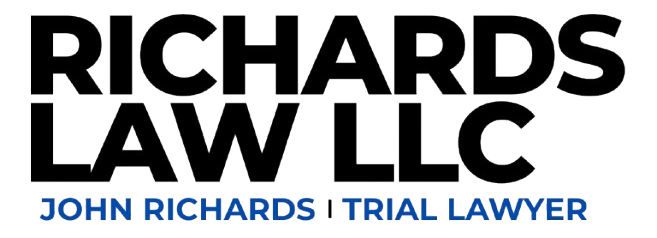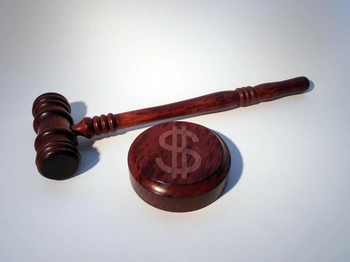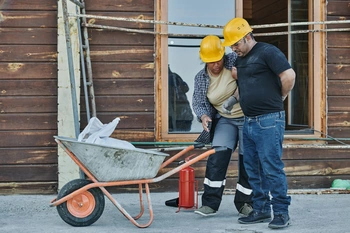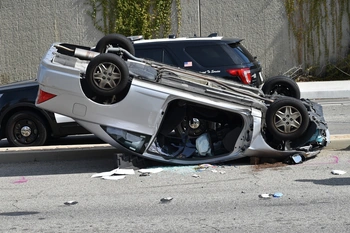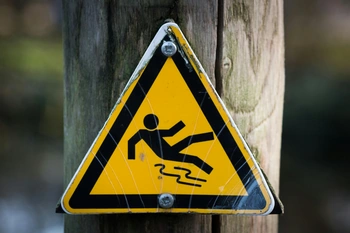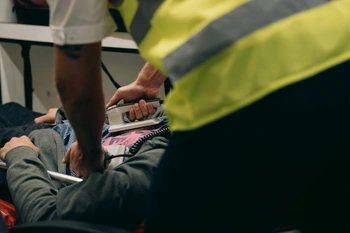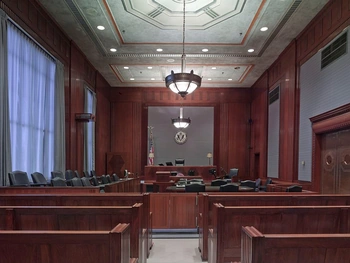
Louisiana Personal Injury Claims: What You Need to Know
June 21, 2025
Being injured due to someone else's negligence can be life-changing. In Louisiana, personal injury victims have legal rights to seek compensation, but navigating the system requires understanding some key aspects of state law that may differ from other jurisdictions.
Louisiana's Comparative Fault System
Louisiana traditionally followed a "pure comparative fault" system, which means you can recover damages even if you were partially at fault for your accident. For example, if you're awarded $100,000 in damages but found to be 90% responsible for the accident, your recovery would be reduced to $10,000. Any claims arising before January 1, 2026 will remain under Louisiana’s “pure comparative fault” system.
However, as of this past legislative session, Louisiana follows a modified comparative fault regime for incidents on or after January 1, 2026, per HB 431. Under this rule, if a plaintiff is found to be 51% or more at fault, they are barred from all recovery. Plaintiffs who are 50% or less at fault may recover damages, reduced by their fault percentage. The law eliminates the old “pure comparative fault” model, which allowed partial recovery regardless of the plaintiff’s degree of fault.
This system differs from states with "contributory negligence" rules, where being even 1% at fault could bar you from any recovery.
The Prescription Period: Time Limits for Filing
In Louisiana, as of July 1, 2024, most Louisiana personal injury claims have a statute of limitations (prescriptive period) of two years from the date the injury occurs. There are a few exceptions that still have a prescriptive period of one year from the date of injury. Under both scenarios, the time limit is shorter than many other states, which often allow three years.
This short timeframe makes it critical to consult with an attorney promptly after an injury. Waiting too long can permanently bar your right to compensation, regardless of how strong your case might be.
Damage Caps and Limitations
Louisiana doesn't impose caps on most types of damages in personal injury cases, including economic damages (medical bills, lost wages) and non-economic damages (pain and suffering). However, there are exceptions for medical malpractice cases and claims against government entities.
The Role of Insurance in Louisiana Claims
Louisiana is a "direct action" state, which means injured parties can sue an insurance company directly, rather than having to sue the insured party. This can sometimes streamline the compensation process.
The state also requires minimum liability insurance coverage of $15,000 per person and $30,000 per accident for bodily injury, though these minimums are often insufficient for serious injuries.
Why Expert Witnesses Matter in Louisiana Cases
At Richards Law LLC, we emphasize the use of expert witnesses in personal injury cases. Louisiana courts often give significant weight to expert testimony on matters like:
Medical causation and prognosis
Accident reconstruction
Economic impact and future damages
Industry standards and safety protocols
Having the right experts can make the difference between a modest settlement and full compensation for your injuries.
The Importance of Thorough Documentation
Successful claims require thorough documentation. This includes:
Medical records and bills
Accident reports
Witness statements
Photographic evidence
Communication with insurance companies
Documentation of lost wages and other economic impacts
Our Client Portal system helps clients maintain and access these critical documents throughout their case.
Trial vs. Settlement: Making the Right Choice
While most personal injury cases settle out of court, Louisiana's unique legal landscape sometimes makes trial the better option. Insurance companies know which attorneys are willing to go to trial and which typically settle. Having a trial-ready attorney often results in better settlement offers.
At Richards Law LLC, we prepare every case as if it will go to trial, which strengthens our negotiating position even in cases that ultimately settle.
Conclusion
Louisiana's personal injury laws have unique aspects that require specialized knowledge. From the changing legal landscape regarding the short prescriptive period and the modified comparative fault system, understanding these nuances can significantly impact your case outcome.
If you've been injured in Louisiana, consulting with an experienced personal injury attorney who understands state-specific laws and has trial experience is your best path to securing the compensation you deserve.
Contact Richards Law LLC today for a free consultation to discuss your case and learn how we can help you navigate Louisiana's personal injury system.
